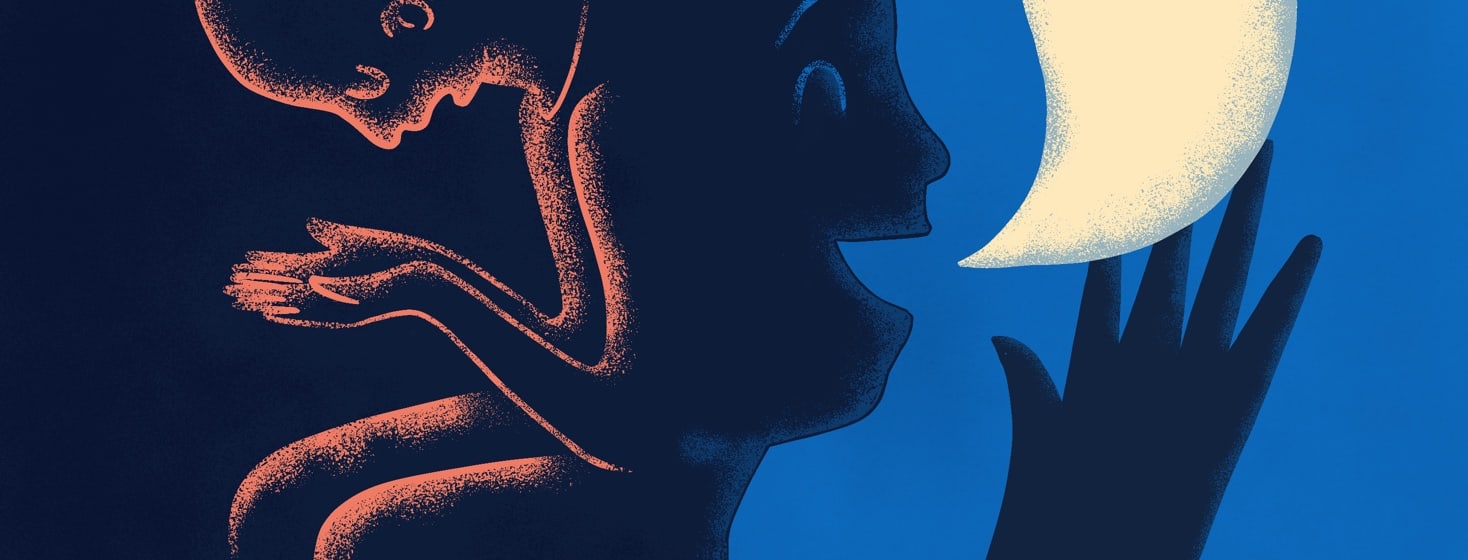Our Culture Makes No Space for Pain
I am grieving the recent death of my sister, and have been initiated to a world of emotional pain I’d previously only seen from a distance. Walking with this level of loss is visceral: my brain feels foggy, my chest constricts, my limbs are heavy, my stomach is often queasy, and the entire landscape of the everyday looks foreign to me. It is so very hard to dredge up the physical and emotional energy to run an errand, pay bills, or participate in small talk.
The experience of emotional and physical pain
While so much of this tragic experience is new to me, as I hadn’t known grief of this magnitude, there are a few commonalities between what I am experiencing now and the past two decades living with rheumatoid arthritis/rheumatoid disease [RA/RD]. The pain and fatigue of RA/RD deplete my energy reserves and motivation just as grief does, making small tasks feel like monumental hurdles. Though usually a talkative, social person, both pain and mourning make me more reticent. My grief is invisible to onlookers, as is the autoimmune disorder causing chaos beneath the façade of my exterior.
And there exists a chasm between my experience of the world and how others see it, whether they be the chronically healthy or those who are strangers to intense grief. To them, the world is routine and fairly predictable. To those of us in extreme emotional and/or physical pain, it’s as if we have an entirely different window we are viewing the world from, seeing a drastically changed landscape.
Society doesn't make room for pain
While I understand that people can’t know what they don’t know, it can feel isolating and jarring to see that both the view most people are seeing and the one I’m seeing somehow co-exist. It doesn’t help that our society doesn’t make room for pain.
Our culture’s common greeting is, “Hello, how are you?” yet we don’t actually intend that as a question. It’s more of a call and response, where one says, “How are you?” and the other replies, “I’m fine.” But when one’s joints are on fire, or one is walking with the lead blanket of fatigue, or one’s heart literally feels like it is breaking from grief, saying “I’m fine” can add another layer to how awful we feel. Not only do we have to walk with our pain, but we have to make the effort of hiding it from the world as well.
Pain is often minimized by others
If instead one risks a little bit of honesty, it is often met with minimizing from others. For instance, when I’ve responded “I’m hanging in there but am having quite a bit of pain today due to rheumatoid arthritis”, I received answers such as “Oh, I know what that’s like because I have arthritis in my finger” and “Do you want some ibuprofen?” These are well-intentioned responses, efforts to connect and to help, but they are so far from the reality of what it is like to have RA/RD pain that I felt more alone and misunderstood in hearing them.
Similarly, when people know that my 45-year old sister died and ask me how I’m doing, I’ve answered, “It’s tough but I’m hanging in there” or “It’s really hard but people have been very kind.” (It doesn’t feel safe to tell anyone but my closest friends anything near how terrible I really feel.) Typical responses include, “focus on the good times,” “take comfort in warm memories,” “she’s in a better place,” and “my grandmother died last month so I know how hard it is.” Again, these are all well-intentioned responses, but they minimize what a huge impact the untimely death of someone close can have on a person.
Being selective about who I talk to about physical & emotional pain
I know that complete authenticity with everyone one encounters will never be possible and wouldn’t even be healthy. For example, I don’t need to tell every person behind a cash register that I’m in intense physical and/or emotional pain, nor do I need to hear about what they are going through.
However, I do wish that as a society we were able to make a little more space for one another’s pain and not try to blow it off with an encouraging word or shared experience, especially with the people we see every day. For instance, a more helpful response might be, “I’m sorry to hear that, that sounds really hard.” If as a culture we understood that hard things happen and don’t always have a solution or positive spin, I think we would feel more connected and less alone.

Join the conversation